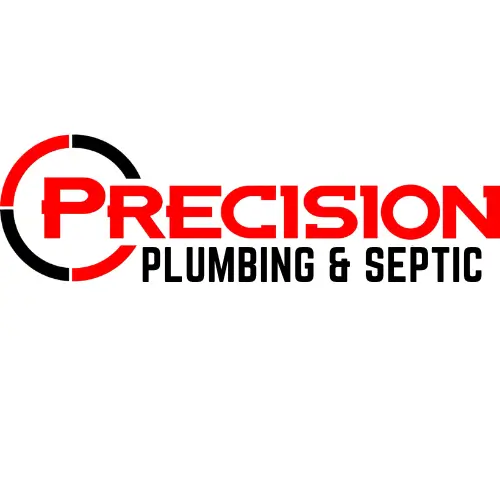Why Flushing the Right Way Matters
Septic systems rely on bacteria to break down waste inside the tank. When you flush non-biodegradable items or harmful chemicals, it can:
Disrupt bacterial balance, slowing waste decomposition.
Clog pipes and filters, leading to backups and blockages.
Damage the drain field, causing wastewater to pool in your yard.
Shorten the lifespan of your system, requiring costly repairs.
By knowing what’s safe to flush and what isn’t, you’ll extend the life of your septic system and save money in the long run.
What You CAN Flush with a Septic System
Here’s a quick list of items that are safe for your septic system:
1. Human Waste
Your septic system is designed to process human waste. This includes everything flushed from toilets under normal use.
2. Septic-Safe Toilet Paper
Look for septic-safe toilet paper that breaks down quickly and won’t clog pipes. Most brands labeled “septic-safe” are thinner and dissolve more easily than regular toilet paper.
Pro Tip: Avoid using excessive amounts of toilet paper, as it can still build up over time and cause clogs.
What You Should NOT Flush
Flushing the wrong items can lead to expensive repairs and damage your system. Here’s a list of things you should never flush with a septic system:
1. Wet Wipes (Even “Flushable” Wipes)
Wet wipes don’t break down in the tank the same way toilet paper does. They can accumulate in pipes, causing clogs and backups.
2. Feminine Hygiene Products
Tampons, pads, and other feminine hygiene products do not decompose in a septic system and can create blockages. Always dispose of them in the trash.
3. Paper Towels and Tissues
Unlike toilet paper, paper towels and tissues are designed to stay intact when wet. They can clog pipes and overwhelm your system.
4. Diapers and Baby Wipes
Diapers and baby wipes should never be flushed—they are too thick to break down and can cause serious clogs.
Household Products to Avoid Flushing
1. Grease, Fats, and Oils
While not technically flushed, pouring grease, oils, or fats down the drain can solidify in pipes and create blockages in the system.
2. Harsh Chemicals and Cleaners
Bleach, ammonia, and antibacterial cleaners kill the bacteria needed for waste breakdown in your tank. Use septic-safe cleaners whenever possible.
3. Medications
Flushing medications introduces harmful chemicals into your septic system and the environment. Instead, dispose of expired or unused medication at a local pharmacy or take-back program.
How Improper Flushing Can Damage Your Septic System
Improper flushing can cause several issues for your septic system, including:
Clogged Pipes: Non-biodegradable items can block pipes, leading to backups.
Overworked Tank: Materials that don’t break down accumulate in the tank, requiring more frequent pumping.
Drain Field Failure: When solids clog the system, untreated waste can flood the drain field, causing standing water and contamination.
Disrupted Bacterial Balance: Harsh chemicals can kill beneficial bacteria, reducing the system’s ability to break down waste.
Best Practices to Maintain Your Septic System
Here are a few additional tips to keep your system running smoothly:
Use Septic-Safe Products: Choose products labeled as septic-safe, including toilet paper, cleaners, and detergents.
Schedule Regular Pumping: Pump your septic tank every 3 to 5 years to remove accumulated sludge and scum.
Educate Family Members and Guests: Make sure everyone in the household understands what can and cannot be flushed.
Monitor for Warning Signs: Slow drains, bad odors, and gurgling pipes could indicate a problem. Address issues early to avoid costly repairs.
What to Do If You Accidentally Flush the Wrong Thing
Mistakes happen. If you accidentally flush something you shouldn’t, here’s what to do:
Stop Using Water: Avoid flushing toilets or running water to prevent the item from traveling further into the system.
Try to Retrieve It: If it’s safe and accessible, try to remove the item using a plunger or other tools.
Schedule an Inspection: If you can’t retrieve the item, contact a professional septic service to inspect your system and remove any potential blockages.
Conclusion: Protect Your Septic System by Flushing Smart
Keeping your septic system in good condition starts with flushing smart. By only flushing human waste and septic-safe toilet paper and avoiding non-biodegradable items, you’ll prevent clogs, maintain bacterial balance, and extend the life of your system. A little care goes a long way in keeping your septic system—and your wallet—safe.
If you need help with maintenance or repairs, contact us today to schedule a service. Our experts are here to help you keep your system running smoothly year-round.

